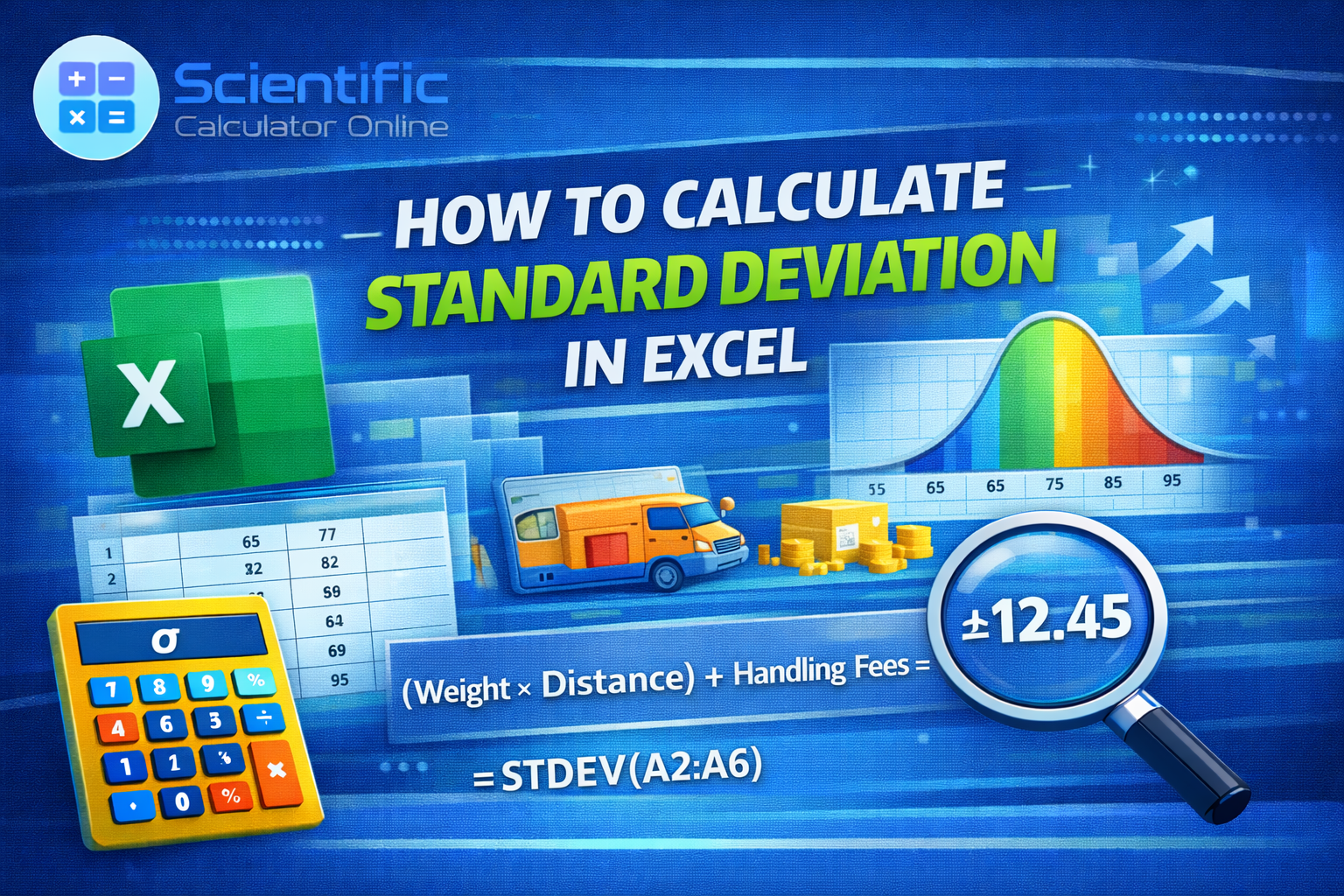Complex to Polar Form
Convert a complex number from rectangular form (a + bi) to its polar representation.
10.00 (cos(53.13°) + i sin(53.13°))
10.00ei(0.927)
Data Readout
Complex Number to Polar Form Calculator
An advanced online tool to instantly convert complex numbers from rectangular form (a + bi) to polar (r(cos θ + i sin θ)) and exponential (reiθ) forms, complete with a live interactive visualizer.
How to Use the Converter
Obtain polar and exponential forms in two simple steps.
Enter Rectangular Form
Input the real part (a) and the imaginary part (b) of your complex number into the designated fields above.
Review the Converted Forms
The calculator instantly provides the polar and exponential forms, a detailed data readout, and a plot on the advanced radial graph.
From Rectangular to Polar
Understanding the formulas behind the conversion.
A complex number can be seen as a point (a, b) on a 2D plane. The rectangular form a + bi is like a street address. The polar form is a different way to find that same point, using a distance and a direction.
- Magnitude (r): This is the straight-line distance from the origin (0,0) to the point (a, b). It's calculated using the Pythagorean theorem:
r = √(a² + b²). - Angle (θ): This is the angle the vector makes with the positive Real axis, measured counter-clockwise. It's found using the arctangent function:
θ = atan2(b, a).
Our complex number to polar form calculator uses these fundamental formulas to provide an instant and accurate conversion.
An Advanced Analytical Tool
Features designed for deep insight and a superior user experience.
Advanced Radial Plotter
Go beyond a simple graph. Our live visualizer features a detailed radial grid, projection lines, and angle arcs to clearly illustrate the geometric relationships.
Dual Form Output
Instantly receive the conversion in both standard polar form and the more compact exponential form, essential for advanced mathematics and engineering.
Precise Data Readout
No need to guess. A dedicated panel provides a clear, numerical readout of the magnitude (r), angle in degrees (θ), and angle in radians (θ) for easy reference.
Frequently Asked Questions
Common questions about converting complex numbers to polar form.
Why use polar form instead of rectangular form?
While addition and subtraction are easier in rectangular form, multiplication, division, and finding powers or roots of complex numbers become much simpler in polar form. It's also the natural way to represent rotations and oscillations in physics and engineering.
What is the difference between polar and exponential form?
They are two ways of writing the same thing, linked by Euler's formula: eiθ = cos θ + i sin θ. Exponential form (reiθ) is a more compact notation for the polar form (r(cos θ + i sin θ)) and is widely used in higher-level mathematics.
How does the calculator handle the angle (θ) in different quadrants?
Our calculator uses the atan2(b, a) function instead of the simpler atan(b/a). This advanced function considers the signs of both 'a' and 'b', ensuring the angle θ is correctly placed in the proper quadrant (0° to 360° or -180° to 180°).
Discover More Online Tools
Expand your toolkit with other useful web-based calculators.
For a variety of other useful calculators spanning mathematics, finance, and everyday life, check out More Tools. It's a great resource for quick and reliable online tools.






